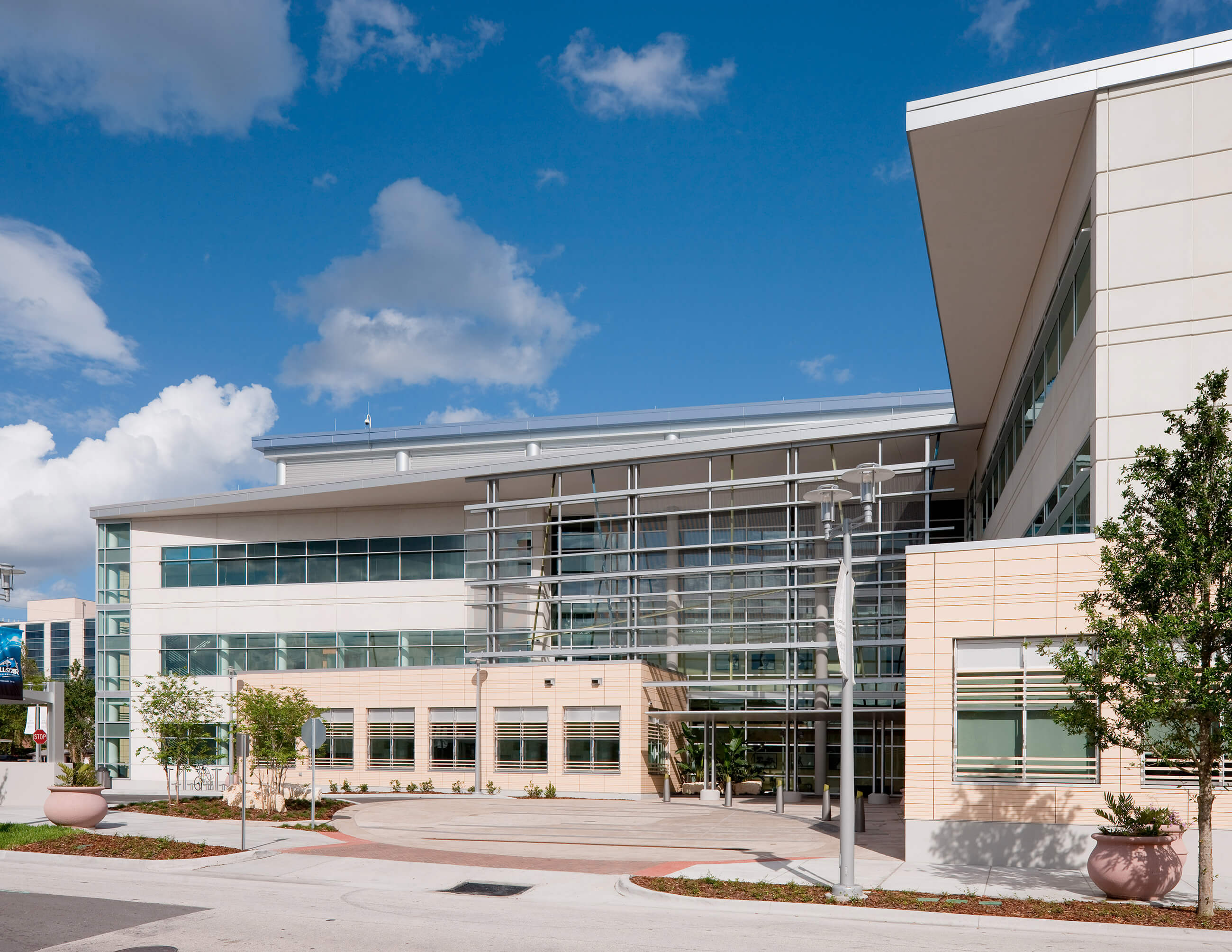
-
Research
- All Research Areas
- Clinical Research
- Support Offices
- For Participants
- Partner With Us
- About Us
- Contact Us
Rocky Mountain Cancer Research


Through cancer trials, doctors hope to find new ways to improve patients’ cancer treatments and quality of life. Clinical trials provide access to innovative and experimental therapies to patients with solid and circulating tumors, including through the National Cancer Institute’s Clinical Trials Network (NCTN). Our centralized clinical research team is comprised of research nurses, data managers, and regulatory coordinators.
Investigative research, provides the ability to identify, develop and study new innovations in a real health system setting. While cancer care has already made tremendous progress, further innovation and research is necessary to develop and implement the next generation of therapeutics, best practices and disease prevention and targeted treatments targeted to the precise needs of the patient.
As part of the AdventHealth Oncology Research program In the Rocky Mountain Region we can access clinical trials that lead to investigational treatments and experiential cancer therapies.
Our research is conducted by our dedicated team of physicians determined to find the effectiveness of a new drugs or technology in a real-world setting. Investigational treatments provide patients with additional treatment options otherwise not available while contributing to cancer research.
For more information on current clinical trials, patient eligibility and other considerations, call us at 303-765-6775.
This study is currently enrolling.
This is a randomized Phase III trial comparing a standard neoadjuvant chemotherapy regimen to an experimental neoadjuvant chemotherapy regimen that omits AC therapy. Both arms receive pembrolizumab for one year. If participants ...
This study is currently enrolling.
This phase III trial studies how well the addition of radiotherapy to the usual treatment (chemotherapy) works compared to the usual treatment alone in treating patients with esophageal and gastric cancer that has spread to a l ...
This study is currently enrolling.
This study is being done to answer the following questions: (1) Will adding the drug daratumumab/rHuPH20 to the usual maintenance treatment with lenalidomide after stem cell transplant help myeloma patients survive longer?; and ...



